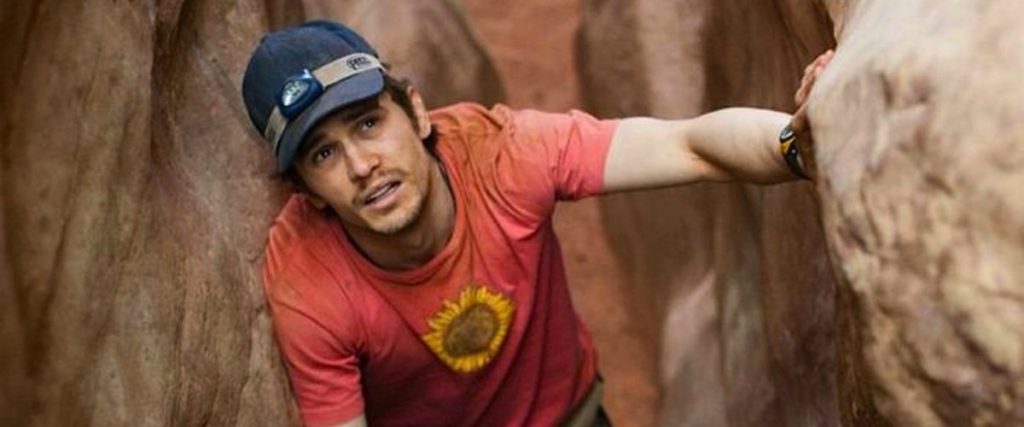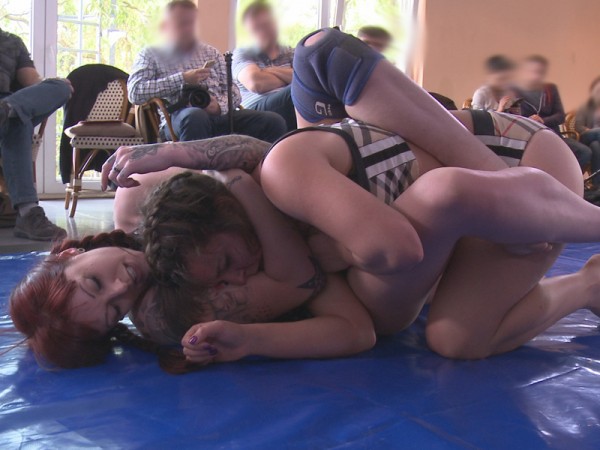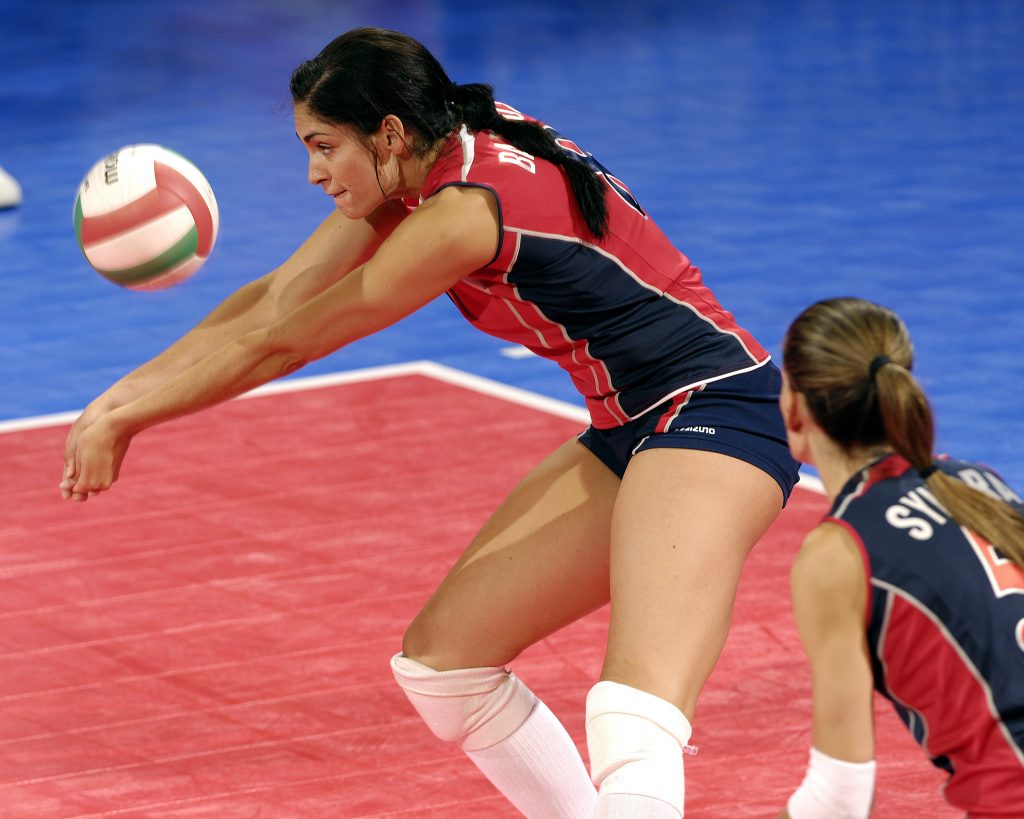
fciwomenswrestling.com femcompetitor.com, fcielitecompetitor.com, pexels.com-Tim-Savage-photo
Permanently trapped between a rock and a hard spot will test the mental toughness of even the most experienced rock climber.
This was amplified in the 2010 biological drama 127 Hours.

Directed, co-written, and produced by Danny Boyle. The film stars James Franco, Amber Tamblyn and Kate Mara. In 127 Hours, canyoneer Aron Ralston becomes trapped by a boulder in an isolated slot canyon in Blue John Canyon, southeastern Utah, in April 2003.
An exceptional film, movie reviewers at rogerebert.com capsulize, “Suddenly, his world has become very well-defined. There is the crevice. There is the strip of sky above, crossed by an eagle on its regular flight path. There are the things he brought with him: a video camera, some water, a little food, his inadequate little tool. It doesn’t take long to make an inventory. He shouts for help, but who can hear? The two women campers have long since gone their way and won’t report him missing because they won’t realize that he is. For anyone to happen to find him is unthinkable. He will die or do something.”
To decide and act on his predicament required mental toughness rarely seen.
So often we see mental toughness on the competitive female submission wrestling mats as well.
Being a part of the same British sorority and competing in front of an exciting crowd can inspire you to bring your A game and be mentally tough. That was the case when Shay met Ultra at the great Femwrestle Events.

It was a slow moving but aggressive match where the outcome was in doubt right up until the end.
http://wrestling-movies.com/catalog/vendor/Poison_vs_Ultra_May_2015_Event_.html
It was a perfect example of two Fem Competitors going toe to toe and demonstrating mental toughness to fight for a victory.
When challenges occur on the female submission wrestling mats, the female sports world, or our daily lives, how can we be mentally tough to endure the situation without a break down?
How can we make sound decisions under pressure?
If we struggle to demonstrate it, how can we develop it?
A guest speaker has some very detailed ideas on the subject and it’s worth a look.
What is Mental Toughness and Why Is It Important?
By Mike Posey
Over the years I have had the opportunity to coach many players and one thing I can tell you without reservation is the best players were all mentally tough. It’s a hard concept to explain until you see it, but it’s obvious when you see a player that has it.
To clarify my point, not all of the best athletes have it. No every big league player is mentally tough and there are plenty that never make it to the big leagues that have great mental toughness. It’s not about ability, I’ve coached many great athletes that didn’t have a clue about being mentally tough and would fold under pressure. They could perform well when there was nothing on the line, but when the game was in balance, or the competition was tough, they usually failed.
On the other hand, I’ve witnessed many players with average skills, but mentally tough, perform in ways no one thought they could perform. A clutch hit, a key bunt, a great defensive play that stopped a rally, mentally tough players get the job done. In fact, the greater the pressure, the better they perform.
One thing I’ve come to understand with experience is that mental toughness is not an inborn DNA trait, but rather one that is developed over time and exposure to adverse conditions. Preparation in mental toughness begins with experiences at a young age. Parents can play a key role to begin the process of training mental toughness, but they need help along the way. A disciplined educational system with high expectations and good classroom rules, along with tough, but fair coaches (or mentors in other activities) with a positive mind set, is essential to developing a child mentally, whether they are an athlete are not.
This is one of the many reasons why it’s important for all children to be involved in balanced organized extra-curricular activities at a young age: Karate, gymnastics, ballet, music, scouts, children and youth activities at church, or youth sports will play a part in beginning to instill the discipline and structure that is needed to develop mentally. Notice I said begin to play a part. It takes time and preparation.

Development of mental toughness (and leadership skills) is also a reason that athletes need to be involved in a proper training program by the time they are 14 or 15 years old. A training program not only helps to build power, strength, and agility, but is important in developing mentally. Players should be accountable to a mentor (trainer, coach, etc…) as well as the camaraderie and pressure of a small peer group, even if it’s only one or two others.
If a player is involved in a training program earlier than 14 or 15, it should be for the purpose of agility and speed training, along with teaching the proper techniques in strength conditioning without weights. Before any training program is started, please consult your child’s physician during their annual physical, as the development of each child is unique.
Defining Mental Toughness
Mental toughness is having the psychological edge that allows one to perform at peak maximum effort and efficiency during the demands that are placed on them during training, practice, or competition. Specifically, when the demands are greatest or the conditions become adverse.
Whenever the demands are the greatest is when the characteristics of mental toughness are the most evident.
Some of the many characteristics that are evident when a player is mentally tough include:
– Self-confidence
– Self-motivation
– Focus
– Concentration
– Composure
– Calmness
– Poise
– Self-control
– Positive Energy
– Determination
– Persistence
– Leadership
Please note, this doesn’t mean that the outcome is always a win, in many cases these attributes can show up the most during a loss, especially a close loss to a tough opponent or during adverse conditions. But over time and with careful training, the mental toughness of skilled players comes to light in championships won.
Developing Mental Toughness
To become mentally tough one must practice attributes that lead to mental toughness. I wish there were a formula to follow, but there is not. It takes time and patience under the right leadership to develop mental toughness. Parents, educators, coaches, and other mentors must be systematically involved in the training process.
Also, it takes failure and the ability to bounce back. Many people develop mental toughness through the experience of failure. Good parents do not want their children to fail and I understand that. But today, too many blame others for the failure. Parents are quick to blame the teacher for problems in class or a coach when the child is not excelling in an activity. Mental toughness cannot be developed properly when blaming others. In fact, the opposite is the case.
Here are a couple of examples:
“Every strikeout got me closer to my next homerun”. Babe Ruth
Babe Ruth grew up in an orphanage. During his playing career he struck out a record 1330 times on his way to hitting 714 career homeruns.
“Failure makes me try harder the next time.” Michael Jordan
Jordan was only 5′ 7″ when he entered high school. Because of his speed and athleticism (and an older brother named Larry that the coaches knew well) he was invited to try out for the varsity, but didn’t make it. He was placed on the JV team where he routinely scored 25 -30 points a game. By his junior year, he was 6’4″ and made the varsity team. By then, he not only had the skill to play, but the drive and determination to be successful, while demanding the same from his teammates. His older brother Larry had a lot to do also with him developing his toughness on the court.
Edmund Hillary failed three times before finally being the first to climb Mt. Everest.
Bill Gates and Steve Allen (his Microsoft co-founder) failed at their first business, Traf-O-Matic, which was developed to analyze traffic patterns.
Walt Disney’s first animation business in the 1920’s failed after only one month, forcing him to take a job from another company at that time. Coaches, you can train your players to become mentally tough but it takes time, persistence, and hard work. But the results are worth it.
~ ~ ~
OPENING PHOTO CREDIT WIKIMEDIA
Coach Mike Posey “CP”
[http://www.expert-baseball-tips.com]
Tips from a championship coach’s perspective and experience, offering creative insights into helping others learn the game of baseball.
Sources: brainyquote.com, Wikipedia, fciwomenswrestling2.com, FCI Elite Competitor, photos thank you Wikimedia Commons.
http://ezinearticles.com/?What-is-Mental-Toughness-and-Why-Is-It-Important?&id=1856995
Article Source: http://EzineArticles.com/expert/Mike_Posey/224338
Article Source: http://EzineArticles.com/1856995



